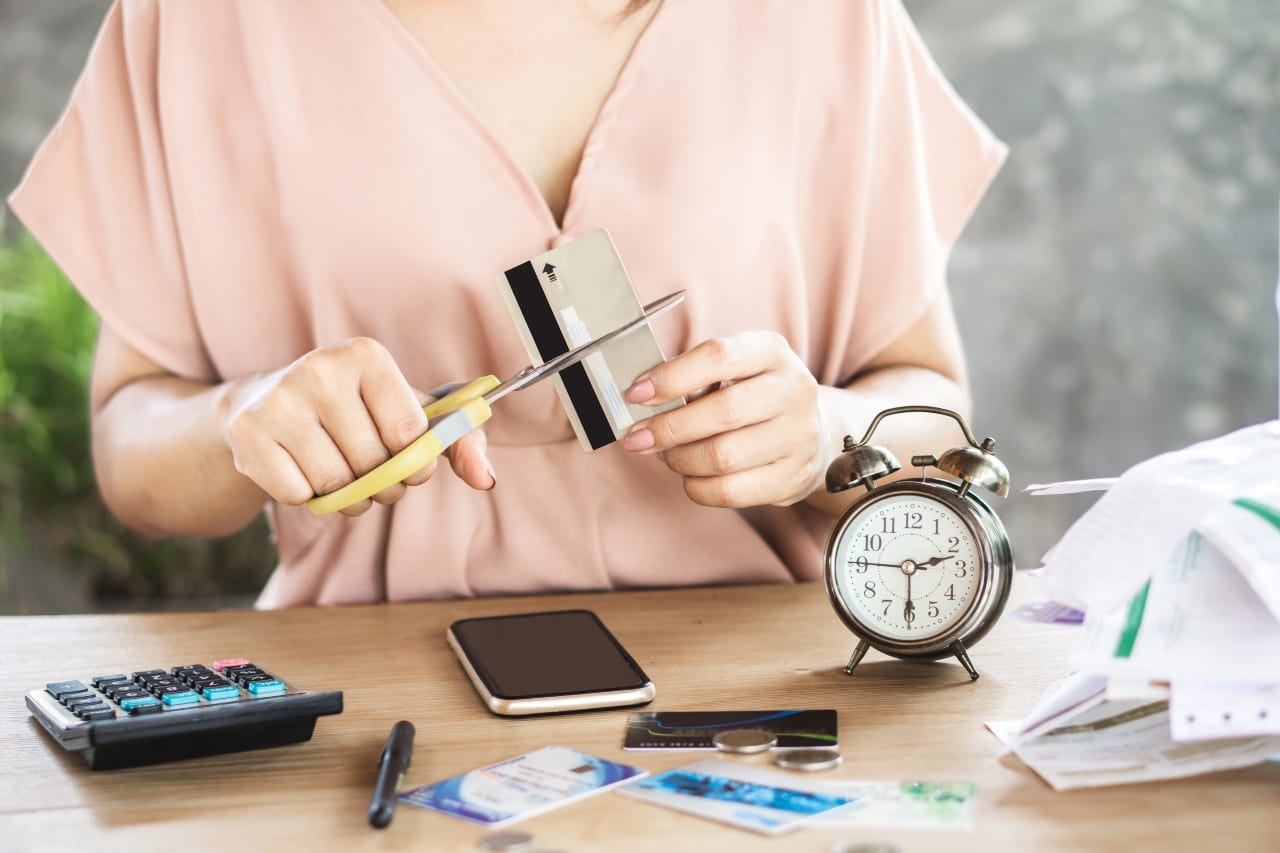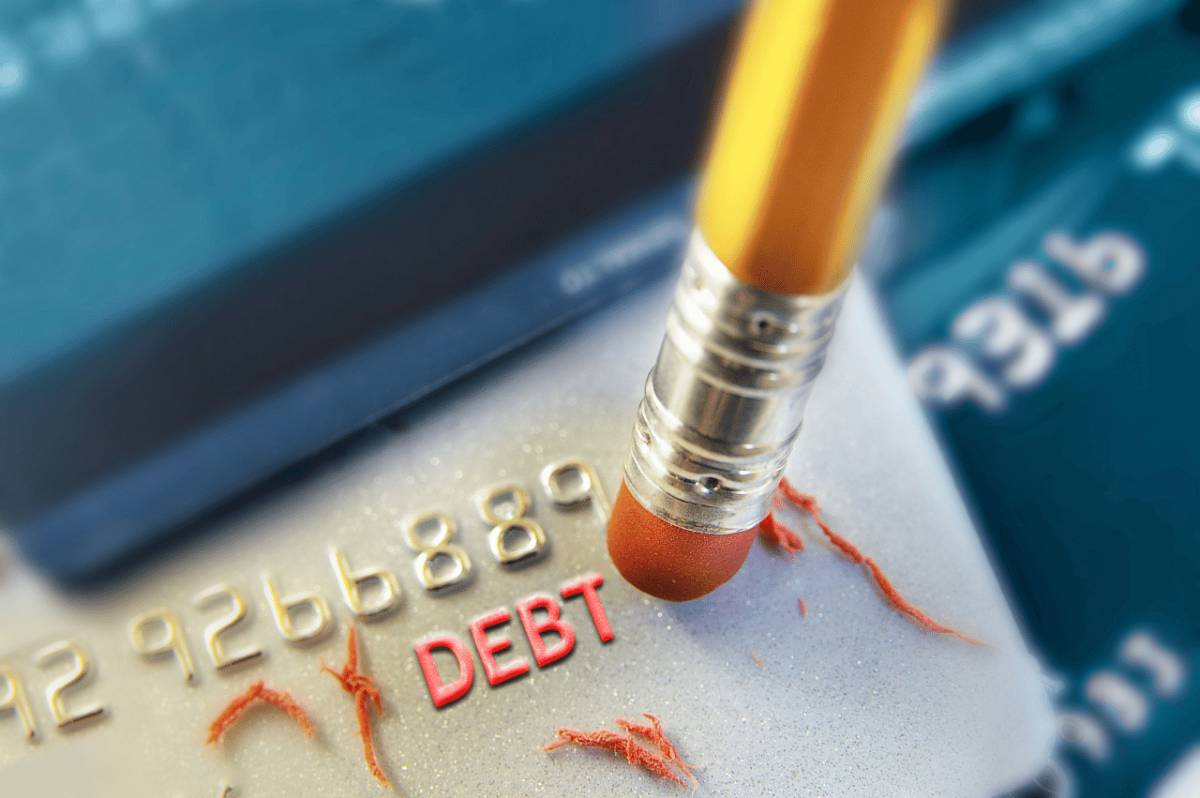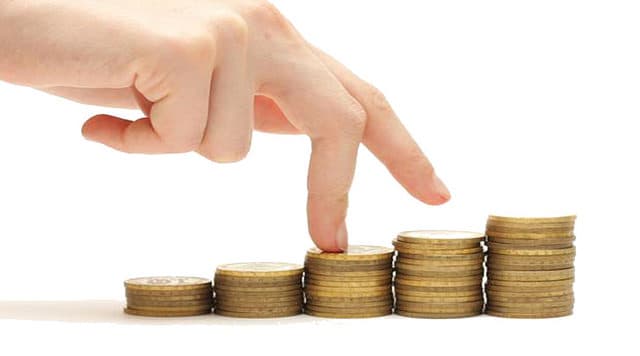With inflation and the cost of living rising by the day, people are under a lot of pressure to stretch every dollar. A no-spend month can help you take back control of your finances, and understand where your dollars are actually going. In a no-spend month challenge, you still pay for necessities, but you cut out spending on discretionary purchases.
TIP: Having a goal to work towards makes it easier to stick to the challenge. Take some time to decide what you’ll use that saved money for that will make a real difference in your life. The biggest benefit will be a better understanding of your expenses, and a continued ability to make those decisions long after the challenge ends.
What is the no-spend month challenge?
The no-spend-month challenge has been increasingly popular over the years, with variants like no spend weeks and no spend days finding popularity on social media as well.
What is the goal?
The goal of a no-spend month challenge is to reduce your expenses by only spending on essentials. If you’re doing this challenge, you would track every day you meet the goal of no spend, and try to do as many consecutive days as possible.
What expenses are accepted?
Fixed costs like rent and utilities, and essentials like groceries, are accepted expenses, as they are necessary. Participants often choose their own categories of essentials as well, which may vary from person to person based on their lifestyle and needs.
What expenses are usually not included?
Participants in this challenge usually pick their own categories, mostly discretionary expenses that they can go without spending on. Some common categories that people choose to not spend on are:
- Coffee
- Takeout
- Clothes and accessories
- Impulse buys
- Online shopping
- New consumer tech
What are the benefits of the no-spend challenge?
More money towards essentials and long-term goals
When you spend less money on non-essentials, you have more money available to put towards your long-term goals. That could mean more money in a high-yield savings account, or building up an emergency fund.
Supports healthier spending choices
Since you need to create categories and stick to them, you will be more intentional about your spending. Instead of setting rigid restrictions, make a decision to spend on things that truly matter. If there’s an opportunity to spend a day out with your kids or participate in a loved one’s celebration, you have the opportunity to make an active decision about whether you are comfortable.
Helps you budget better
Knowing that you’re not going to be able to spend on a lot of things will help you allocate your budget better for the no-spend month. You may want to stock up on things like toiletries and pantry goods. You could also delete your saved payment methods from online shopping sites, or set limits for spending on social occasions you may deem necessary.
Support your journey towards being debt-free
In addition to budgeting, a no-spend challenge can help you divert your money toward where it can make a noticeable difference in your life – getting out of debt. Any extra savings can be put towards your high-interest debt, like credit cards or personal loans. When you’re paying high APRs, every additional dollar you can put towards the principal (above the minimum payments) will have long-term effects on decreasing your overall interest amounts. Larger payments will also help you get out of debt quicker!
Helps you learn about your own money patterns and habits
When you cut out entire expense categories you usually spend money on, you understand how much money that adds up to, and how much of it wasn’t truly important. It can often lead to a realization about some things that can be cut out of the budget long term. Done right, it adds a little more intentionality to your relationship with money, which is a positive shift.
Adds creativity to your daily life
A no-spend month challenge can be exciting in many ways! When you know you can’t spend on items that you yourself have deemed non-essential, you will find a way to manage with what you have. Many people have found, while doing these challenges, that they do own products that can fulfil the same purpose, or that they have the tools that can provide the same results. This resourcefulness can provide a sense of accomplishment or contentment, which you can carry with you beyond the challenge.
Do no-spend challenges work?
No-spend challenges can definitely help you stay motivated on your journey, especially when you see how quickly your savings build up. Remember to give yourself some leeway during this challenge, especially if it’s your first attempt. If you’re too hard on yourself and make drastic changes, there is a possibility of a big spend after the challenge, possibly because it wasn’t a sustainable change.
Try to start with small changes that you will be able to stick to, and then you can build from there once you feel ready. In fact, you could start with a few no-spend days or a no-spend week, before you do a no-spend month challenge. When used wisely, it can help you understand if you’re overspending on certain categories, and make long-term changes.
Tips to succeed at a no-spend month challenge
Set a timeline
Make sure you have a set timeline, with a challenge duration that is sustainable for you. Try no-spend weeks or months – you can mark off the days on a calendar to keep your motivation up when you see that growing streak of successful no-spend days.
Set a budget
There are many beginner-friendly approaches towards setting a budget, like the 50/30/20 method, which allocates 50% of your income to necessities like rent, 30% towards discretionary expenses, like restaurants or shopping, and 20% to your savings. The exact numbers may vary for each individual, but this is a good general guideline. There are also budgeting apps available, like Lunch Money, that can help you organize your finances.
Set your essential and non-essential categories
While many people will have similar necessities like rent and groceries, there are other categories that may be personally important to an individual. To make sure your challenge is sustainable and successful for you, make space for things that you deem necessary, whether it is a gift budget for your loved ones or a restaurant meal to celebrate an occasion.
Observe your spending triggers
If you usually shop when you’re bored, stressed, or after being influenced by social media, that is a spending trigger for you. A no-spend challenge allows you to observe these triggers and see what feelings arise when you don’t give in to them. A good idea is to give yourself alternatives for what you will do instead of spending.
Find fun and inexpensive activities to do
This will keep you on track, since you will still have opportunities to enjoy yourself, just in a different way. This could look like using art supplies before buying more or reading the books you already own. For example, packing a picnic basket for the park is a fun way to spend an evening, while being inexpensive to put together. Social gatherings could look like a potluck dinner, instead of an expensive restaurant outing.
Make sure you have a goal
If you have a strong reason, you will be more motivated to see the challenge through. This could be understanding your own money habits, saving up for a vacation or emergency fund, or putting more money towards paying off your debts.
How to manage the money you save
The money you save over the course of the month-long challenge can help you contribute a good chunk towards your long-term goals. You could:
Put more money towards paying off your debt
Every dollar counts when you’re trying to get out of debt. In fact, the quicker you are able to make a dent in the principal amount, the less interest you will have to pay long-term. Paying whatever you can over and above the minimum payment amounts will make a big difference to your overall debt.
Build an emergency fund
One of the first steps towards budgeting for your future includes having an emergency fund. The amount should be around 6 months of your usual living expenses, which could help prevent financial uncertainty in case of a financial or health emergency. If you’re usually living paycheque to paycheque, something like an unexpected car repair could likely put you in the red. An emergency fund can prevent this by acting as a financial buffer.
Save in a HYSA
A High Yield Savings Account (or HYSA), offers higher rates of interest than a regular savings account. Currently, many HYSAs offer 5% or 6% interest rates, while still allowing easy accessibility to the funds when you need it. This could be a good place to park your emergency fund!
Pay off a big loan
If you’ve got an auto loan or student loan, you can set a savings goal to contribute towards. The day you pay off your loans will be such a relief! If you have multiple loans, you can set an order or priority, so any extra money from such challenges can go towards that first. Once you pay off your loans, you may want to…
Save for a vacation
To make it more fun, or to treat yourself for paying off a big debt, go on holiday! This could either be for a weekend trip away or a dream vacation. Once you meet the target amount, you can start working towards the next big savings goal, like a down payment, or retirement savings.
Key Takeaways
No-spend month challenge can be very rewarding, and not just financially! They’re an opportunity to learn more about what categories are truly essential to you. You may find that there are inexpensive hobbies you enjoy, or that you have more time for yourself and your family and friends. Or, you may find that there are some luxuries that may not be truly essential but are important to you. You can then make space for them in your budget.
Ultimately, the goal is to get more clarity on your financial habits and then modify your spending accordingly. You can then divert it towards the areas that matter to you. Entirely eliminating non-essentials is a good short-term challenge, but it is not sustainable in the long term. Instead, make small changes that you can stick to, which will make a big difference to your finances over time.
If you’re doing a no-spend challenge in an effort to put money towards debt, you may be able to expedite your efforts by participating in a debt management plan. Call one off our expert Credit Counsellors today to learn how.










